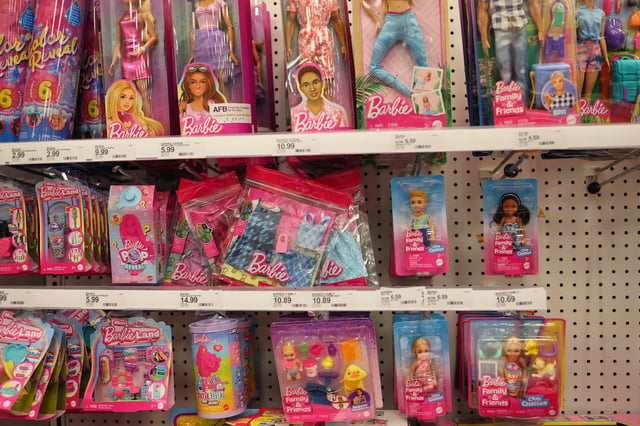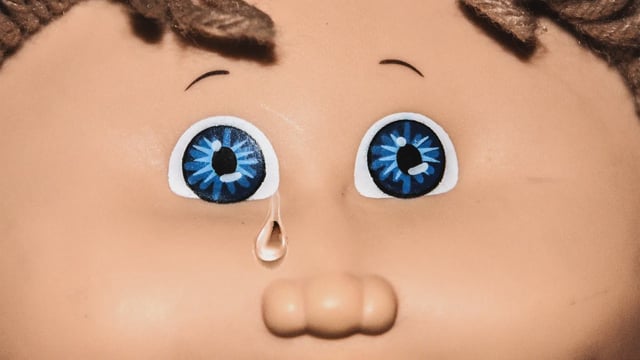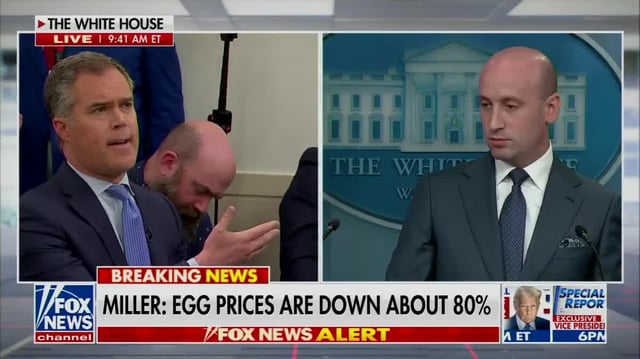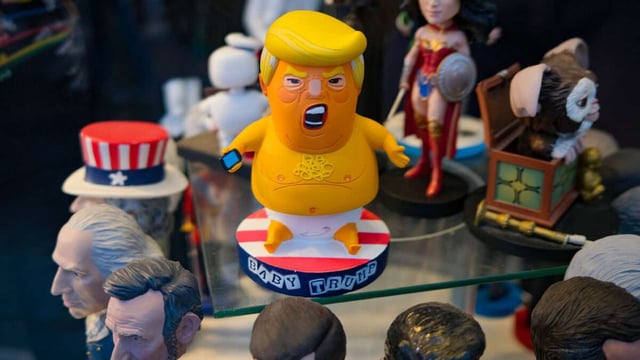Overview
- President Trump admitted that his 145% tariffs on Chinese imports will lead to higher consumer prices and reduced access to goods, citing 'two dolls instead of 30' as an example.
- The administration has shifted its messaging to emphasize consumer sacrifice, contrasting Trump's earlier promises of economic prosperity and wealth gains.
- Economists warn of potential recession, with first-quarter GDP contraction reported and tariff-related surcharges appearing on some consumer receipts.
- Senior officials, including Robert Lighthizer and Scott Bessent, have defended higher prices as necessary, framing them as a corrective to overconsumption and cheap goods dependency.
- Independent projections from Yale Budget Lab estimate that the tariffs could reduce the average U.S. household's income by nearly $3,800 this year.



